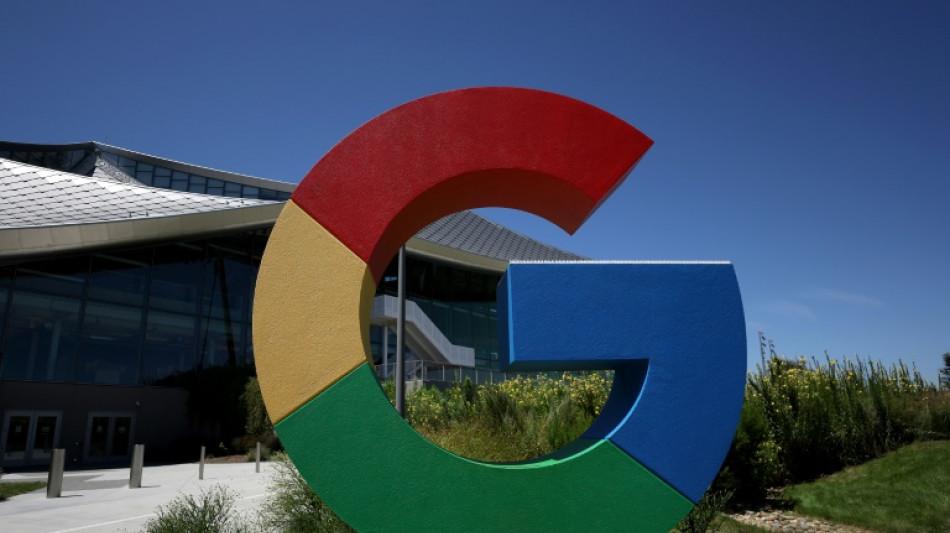
RYCEF
0.1700


Google's parent company Alphabet reported robust third-quarter results on Tuesday, with revenue climbing 15 percent year-over-year to $88.3 billion, powered by strong performance from its crucial advertising business and growth in cloud services.
The technology giant's net income surged 34 percent to $26.3 billion, while earnings per share increased 37 percent to $2.12.
Operating margins expanded significantly, rising 4.5 percentage points to 32 percent, reflecting improved operational efficiency at one of the world's biggest companies.
"Our commitment to innovation, as well as our long-term focus and investment in AI, are paying off with consumers and partners benefiting from our AI tools," said CEO Sundar Pichai, referring to the burgeoning field of artificial intelligence.
The results showed that Google is holding its own despite worry that the search engine juggernaut has been caught short in the AI race.
Google faces increasing pressure as its world-dominating search engine competes for ads with a widening array of platforms, including Meta, Amazon, Apple, TikTok and even streamers such as Netflix.
Questions also persist about whether its search engine will withstand the growing popularity of generative AI chatbots like ChatGPT, which can answer questions without the clutter of Google's list of links.
In response to these pressures, Google earlier this month reshuffled its search engine business, replacing the division chief after a four-year tenure.
The company also moved its Gemini chatbot team to Google DeepMind, separating it from the search group.
Google Cloud emerged as a standout performer in the June-to-September period, with revenue jumping 35 percent to $11.4 billion, driven by increased adoption of AI infrastructure and solutions.
That business, which trails market leaders Amazon and Microsoft, provides businesses with computing power, data storage, and AI tools over the internet.
- Share price rises -
The company's core Google Services segment, which includes Search, YouTube, and other advertising products, grew 13 percent to $76.5 billion.
YouTube hit a significant milestone, with total advertising and subscription revenues exceeding $50 billion over the past four quarters for the first time.
After the release, investors sent Google's share price higher by three percent in after-hours trading.
Despite the solid earnings, Google faces significant legal challenges, at least in the long-term.
In August, a federal judge found that Google's search engine was an illegal monopoly, with the US government suggesting a company breakup might be appropriate.
A separate antitrust lawsuit challenges its dominance of online advertising.
Additionally, Google has been ordered to open Android-powered smartphones to rival app shops following a case brought by Fortnite-maker Epic Games, though that decision was suspended pending appeal.
While those legal battles are expected to take years to resolve, they have raised questions about the company's long-term strategy and its heavy reliance on search engine advertising revenue.
M.Yamazaki--JT